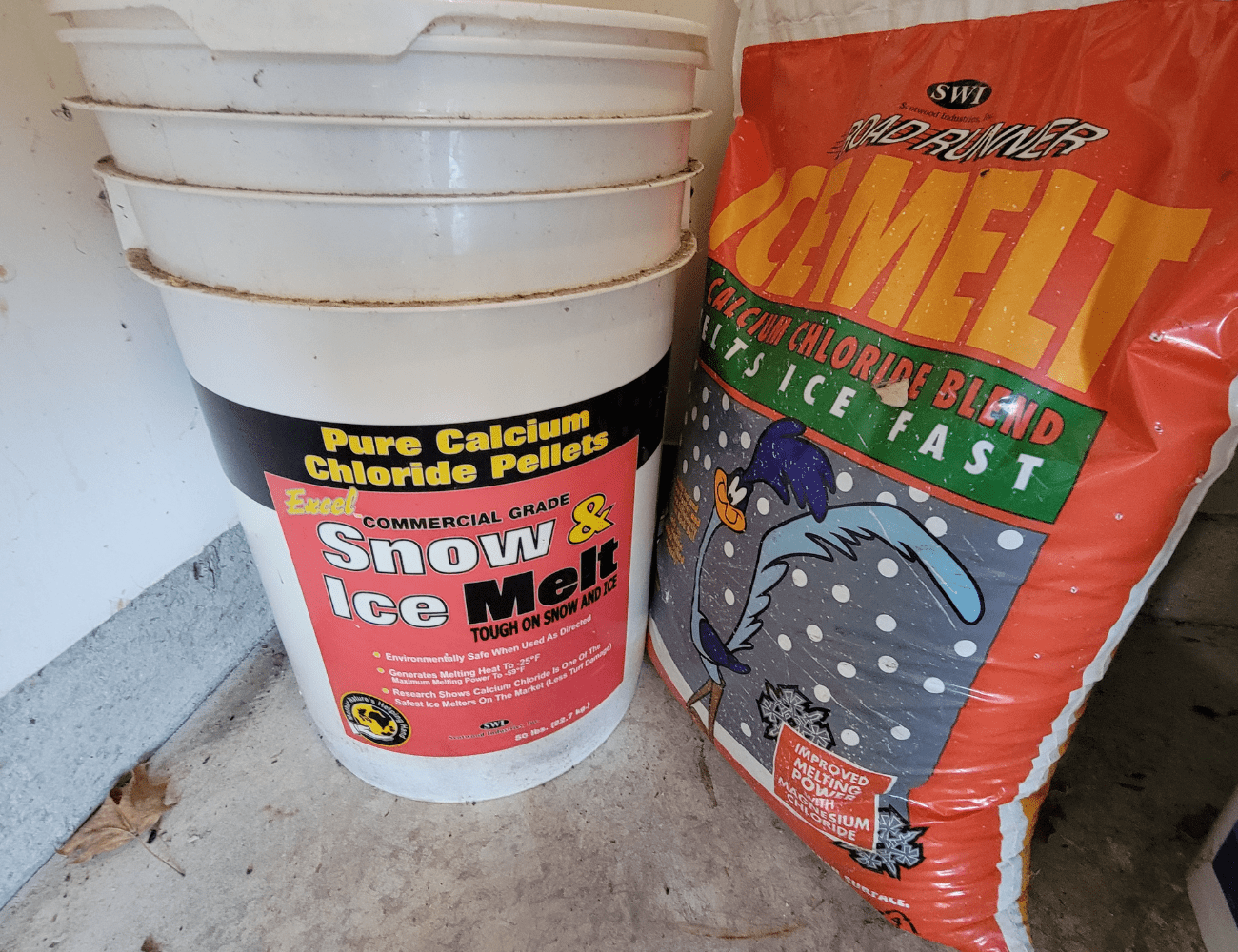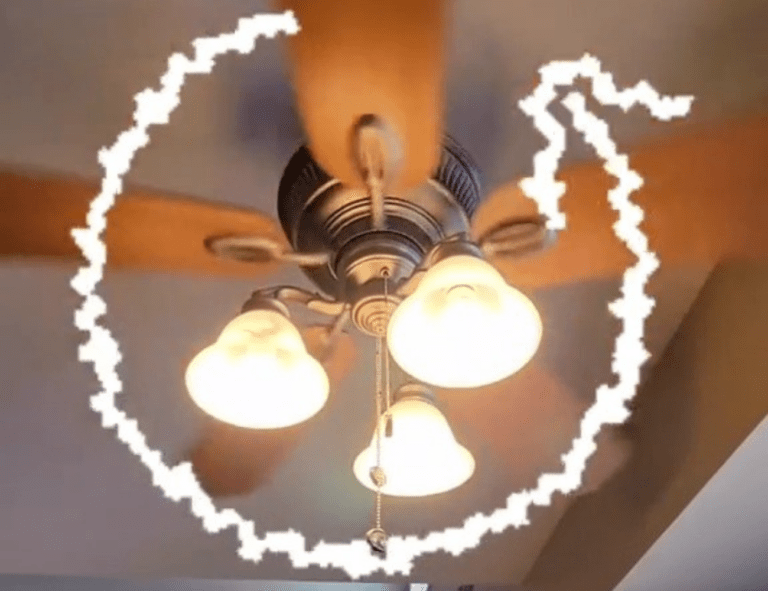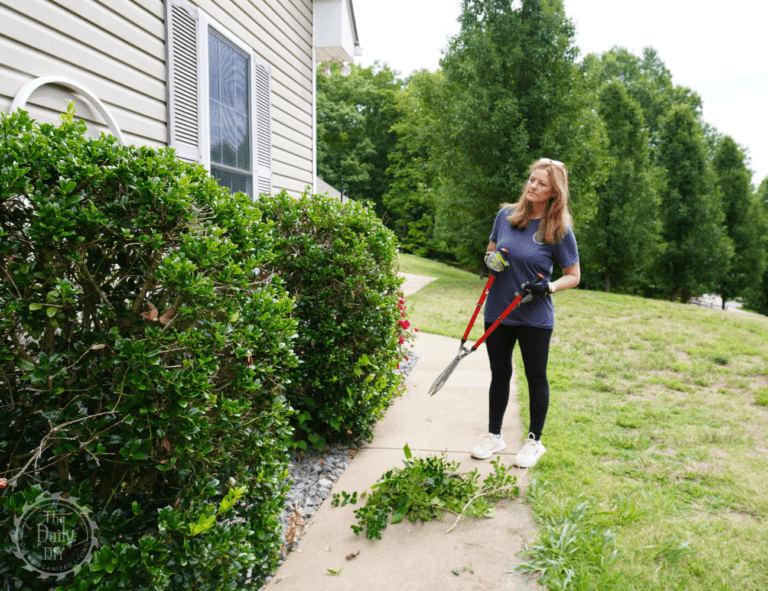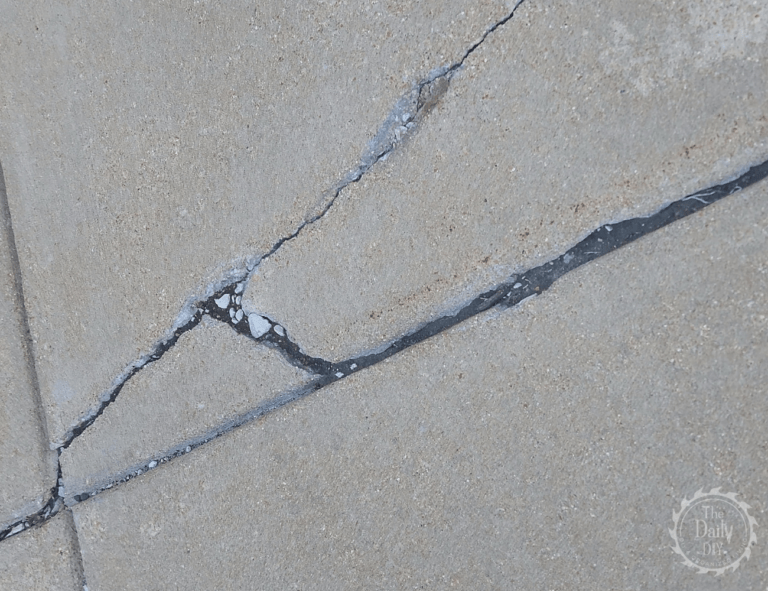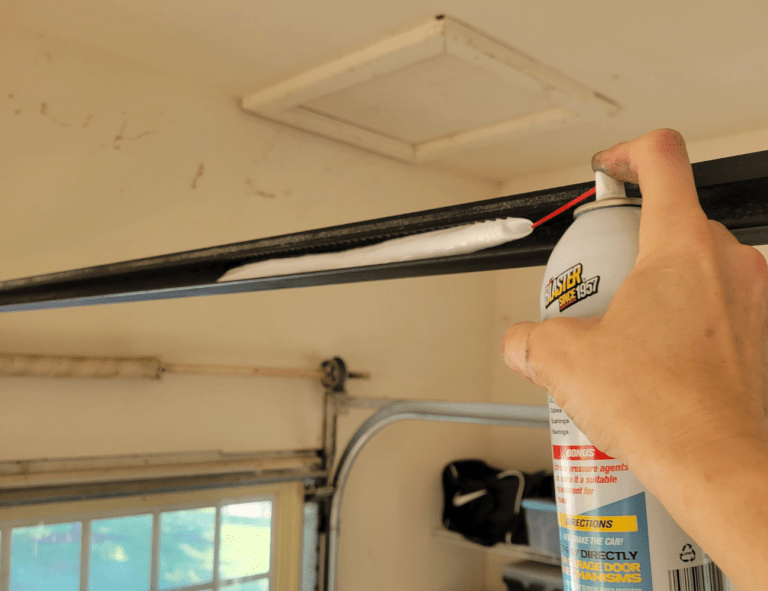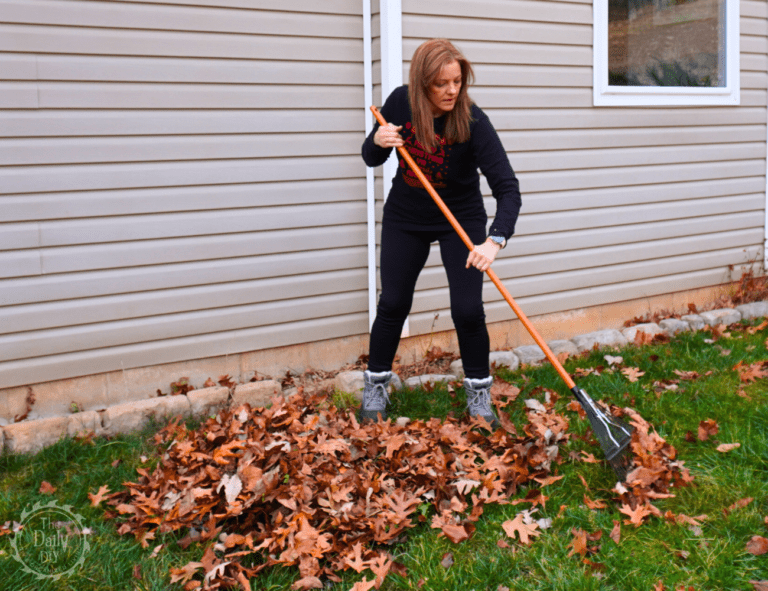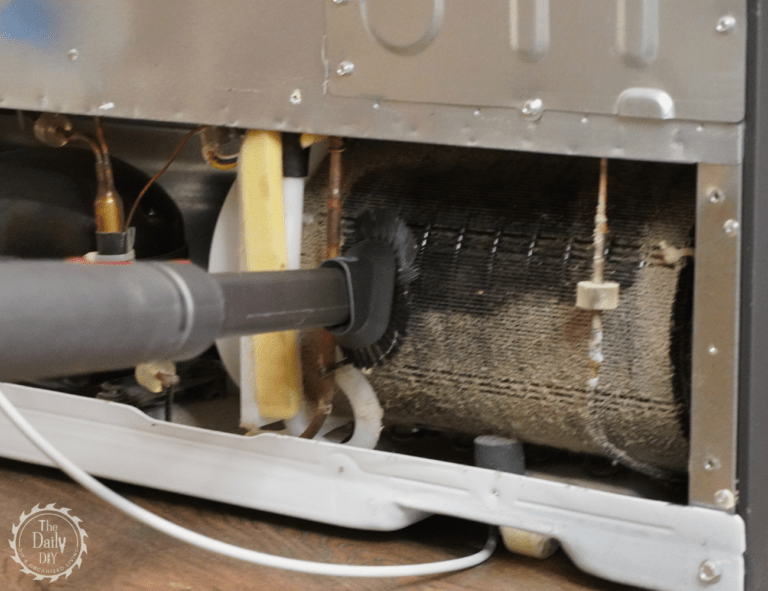Winter Home Maintenance Checklist: 11 Things to Do Now
As winter approaches, it’s crucial to prepare for the season’s unique challenges, especially if you live in cooler climates. With potential snow, ice, and shorter days on the horizon, getting your home ready is a proactive step toward a safer and more comfortable winter. This winter home maintenance checklist will guide you through 11 essential tasks to ensure your home is prepared for the cold months ahead.
1. Protect Your AC Units
During the warmer months, your AC units work hard to keep your home cool. To protect them during winter, cover your central AC unit and cut the power. For window units, store them indoors to shield them from severe weather, thus extending their lifespan. It’s also a good time to change your furnace filter—consider doing this at least when the seasons change.
Be sure to change your furnace filter at least when the seasons change, if not monthly.

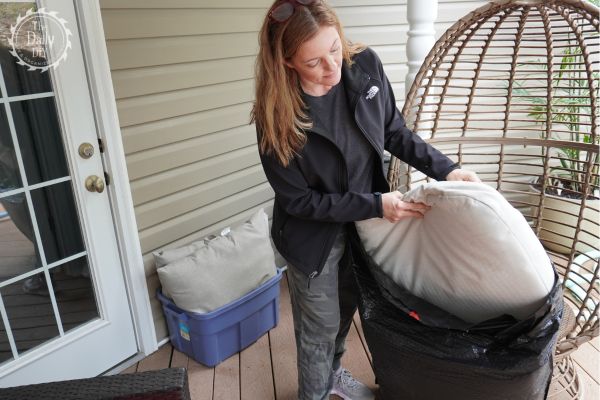
2. Secure Outdoor Furniture
Snow and ice can damage outdoor furniture materials. Extend their life by moving furniture indoors or covering them. Store cushions and pillows in large trash bags to keep critters and dust at bay.
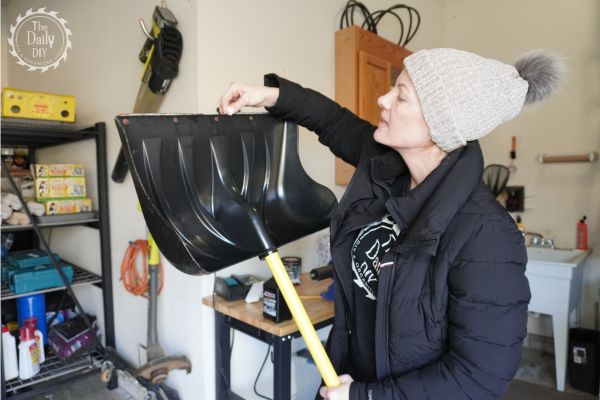
3. Prepare Shovels and Salt
Before the first snowstorm hits, organize your snow shovels and stock up on rock salt or ice melt. Placing them where you can easily access them will save you a rushed trip to the store in icy conditions.
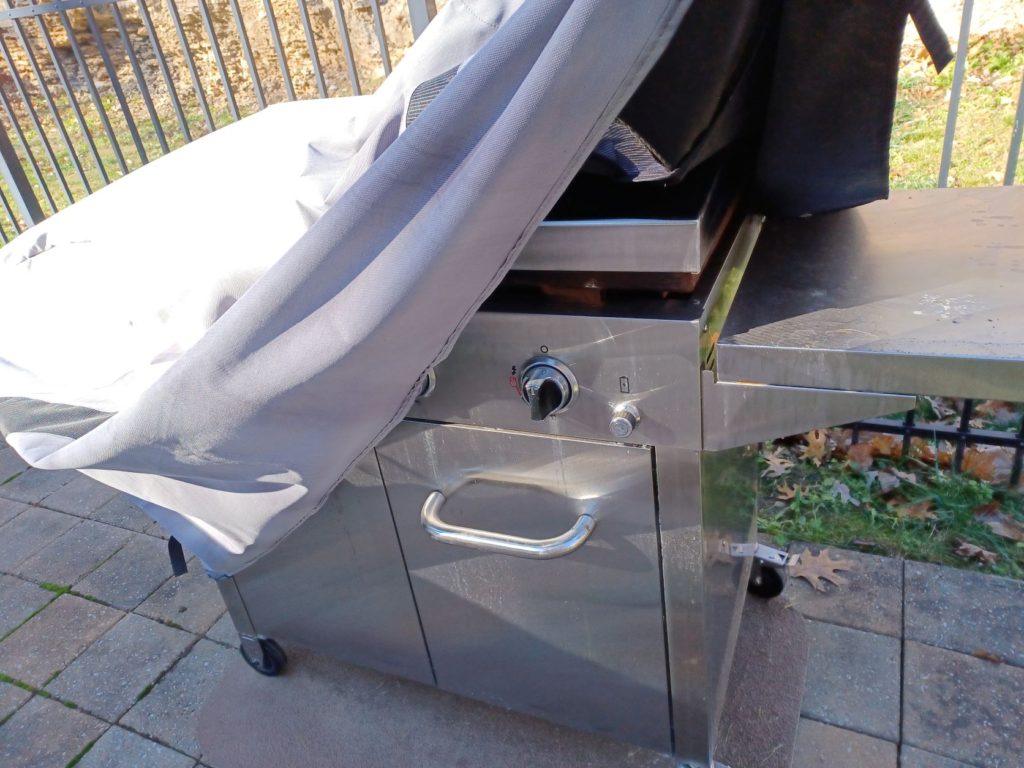
4. Winterize Your BBQ Grill
Protect your BBQ grill by covering it or storing it in a garage. A good cover prevents rust by keeping it dry and also deters animals from nesting in it during the cold months.
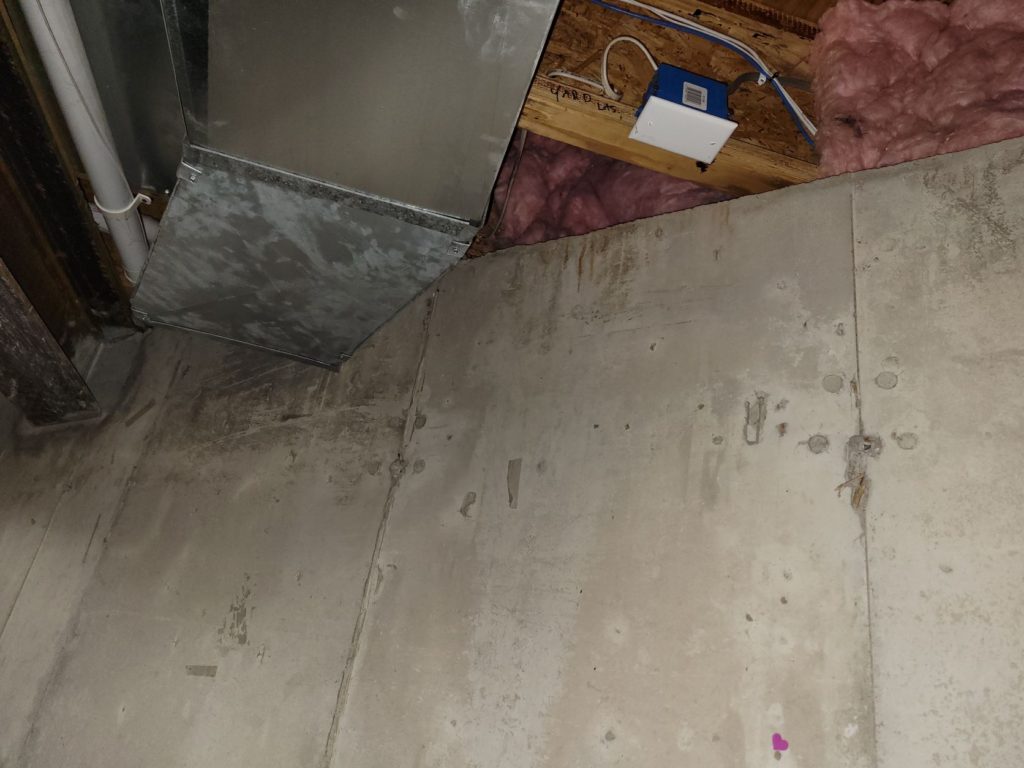
5. Inspect the Basement
Your basement or crawl space is prone to leaks during winter due to hydrostatic pressure and heat escaping from your basement. This heat melts the snow and ice near your foundation, potentially leading to water intrusion. Check for any new cracks or issues before winter sets in.
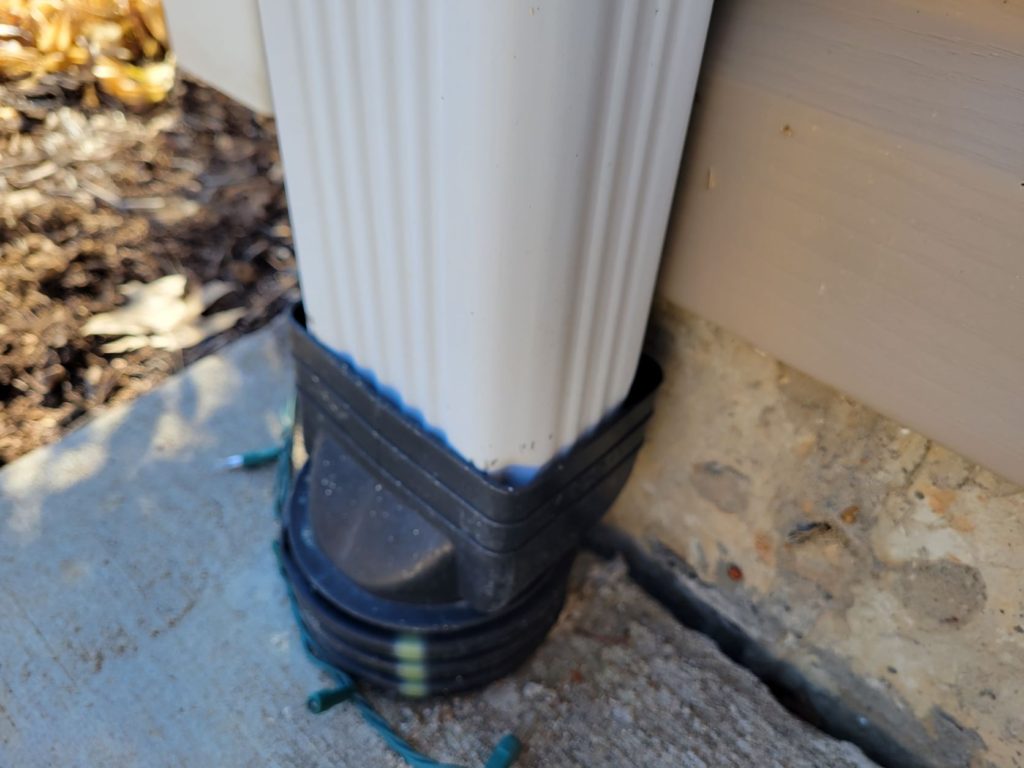
6. Check Roof, Gutters, and Downspouts
Ensure your roof can bear the weight of snow and ice by inspecting for damaged shingles and scheduling necessary repairs. Clean out gutters and downspouts to ensure melting snow and ice have a clear path away from your home, reducing the risk of water damage.
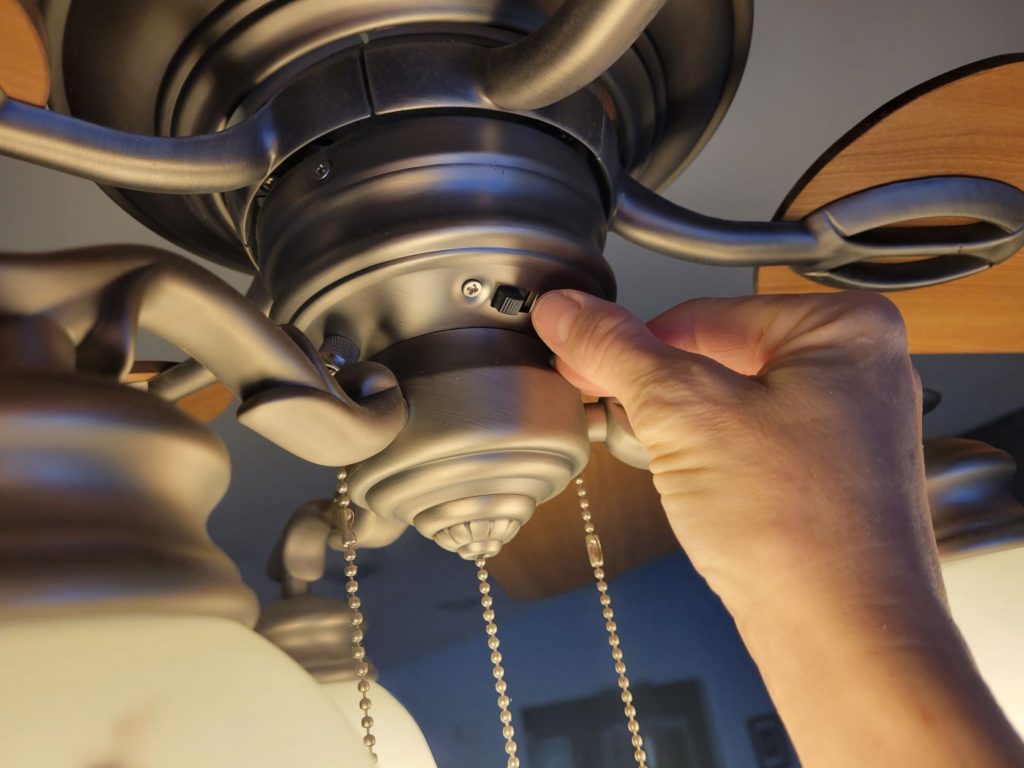
7. Reverse Ceiling Fan Direction
Set your ceiling fan to run clockwise at a low speed during winter. This helps push warm air down, improving heat circulation and allowing you to potentially lower your thermostat setting, saving on heating costs. To find out how and why it’s important to reverse your ceiling fan, check out: Why Change Your Ceiling Fan Direction?
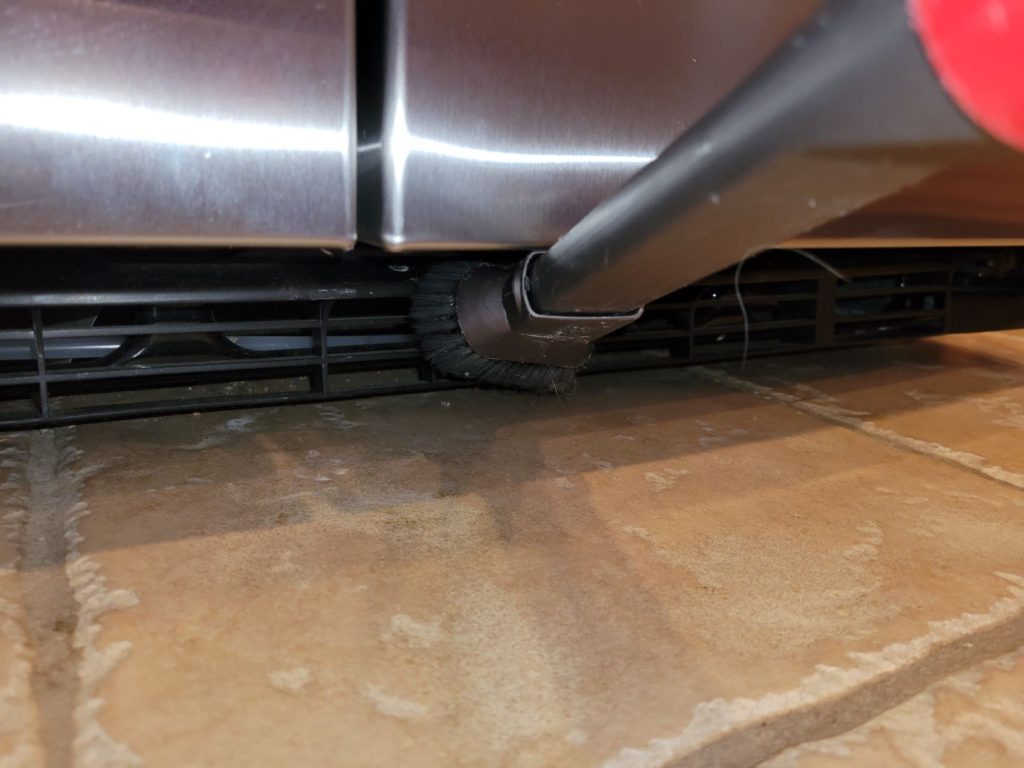
8. Vacuum Fridge and Freezer Coils
While this doesn’t necessarily have to be done in the winter, it should be performed at least every six months. Since there are so many more things to do to prepare your home for the spring, and fall months, this chore gets added to the winter and summer checklists.
Improve your refrigerator’s efficiency by vacuuming the coils, which can be found on the back or bottom front of the unit. This helps to maintain optimal performance.
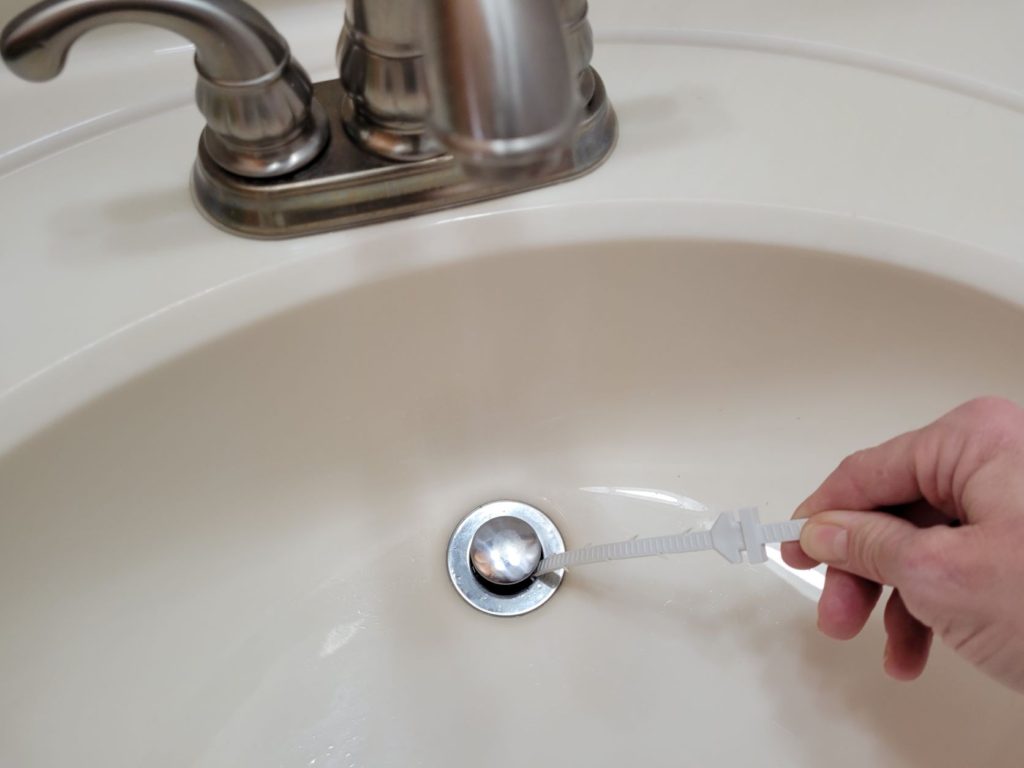
9. Deep Clean Kitchen and Bath Drains
Again, another chore that can be done any time of the year, but gets added to the winter home maintenance checklist so as to not add more chores to spring, summer and fall.
To prevent slow drains and odors, clean your kitchen and bath drains thoroughly. Baking soda and vinegar combine to make a powerful cleaning agent for your drains. There is a recipe for that in the article 10 Things You Can Clean With Baking Soda and Vinegar. Additionally, try using a hair snake tool to easily remove hair and gunk from the drains.
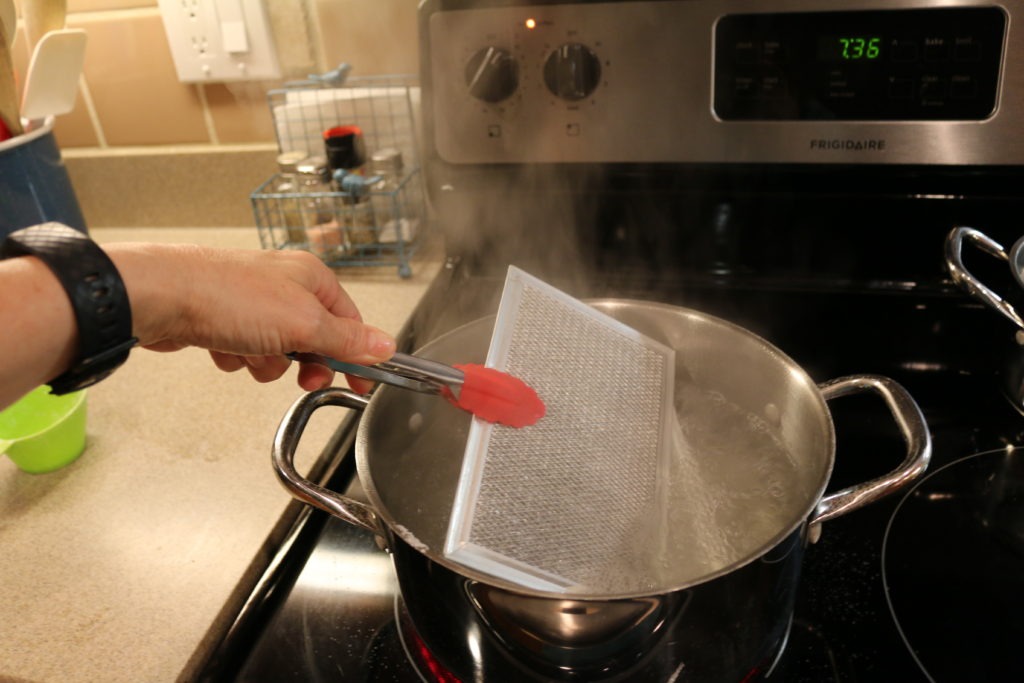
10. Clean Kitchen Hood and Exhaust Filter
Often overlooked, but just as important, are a clean kitchen exhaust filter and hood. Grease and dust accumulates and clogs up the filter, which causes inefficiency. Simply boil some water and slowly add in some baking soda. Place your filter in to the hot water mixture and watch it break up the stuck on grease in a matter of minutes.
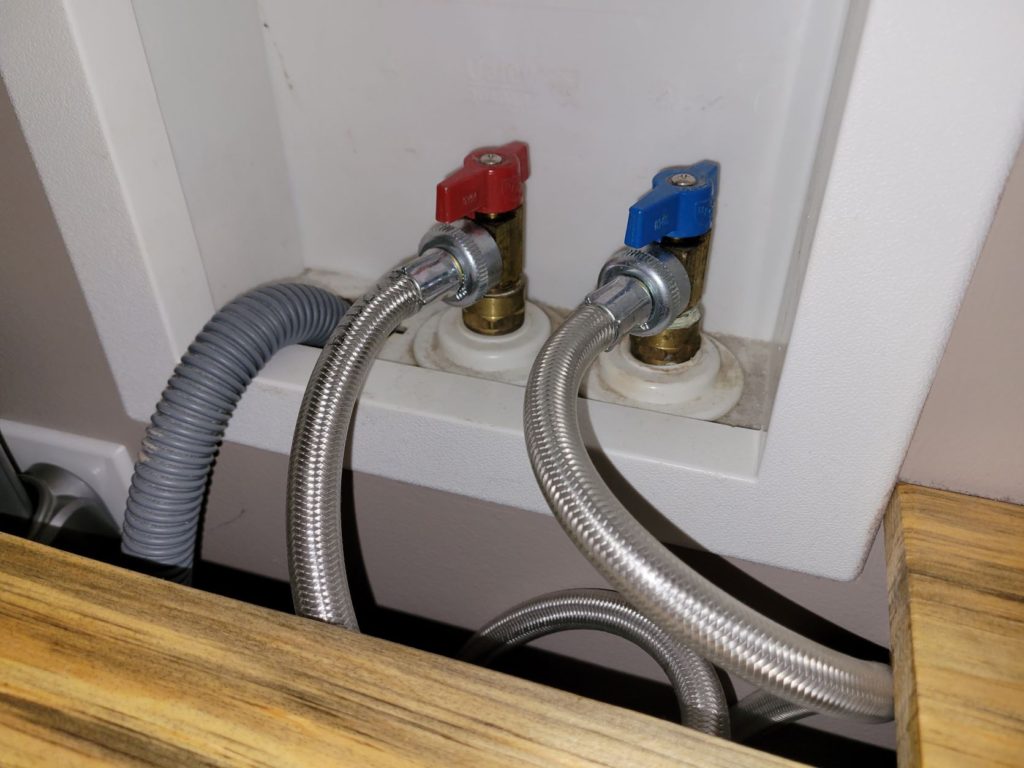
11. Inspect Washing Machine Hoses
Washing machine hoses weaken over time, so it’s recommended to replace them every three to five years. A burst hose spewing hundreds of gallons of water all over your house doesn’t make for a fun afternoon. Examine your hoses at least annually to check for cracks, kinks or leaking. 5 Things To Clean On Your Front Load Washer gives you tips on other things you should be doing on a routine basis.
By following this winter home maintenance checklist, you can ensure your home remains in top condition throughout the cold season. For comprehensive year-round care, download our free Home Maintenance Checklist, which details tasks for each season.
It is important to note that there are also tasks that should also be done in Spring, Summer, and Fall too to keep your home in top shape.

